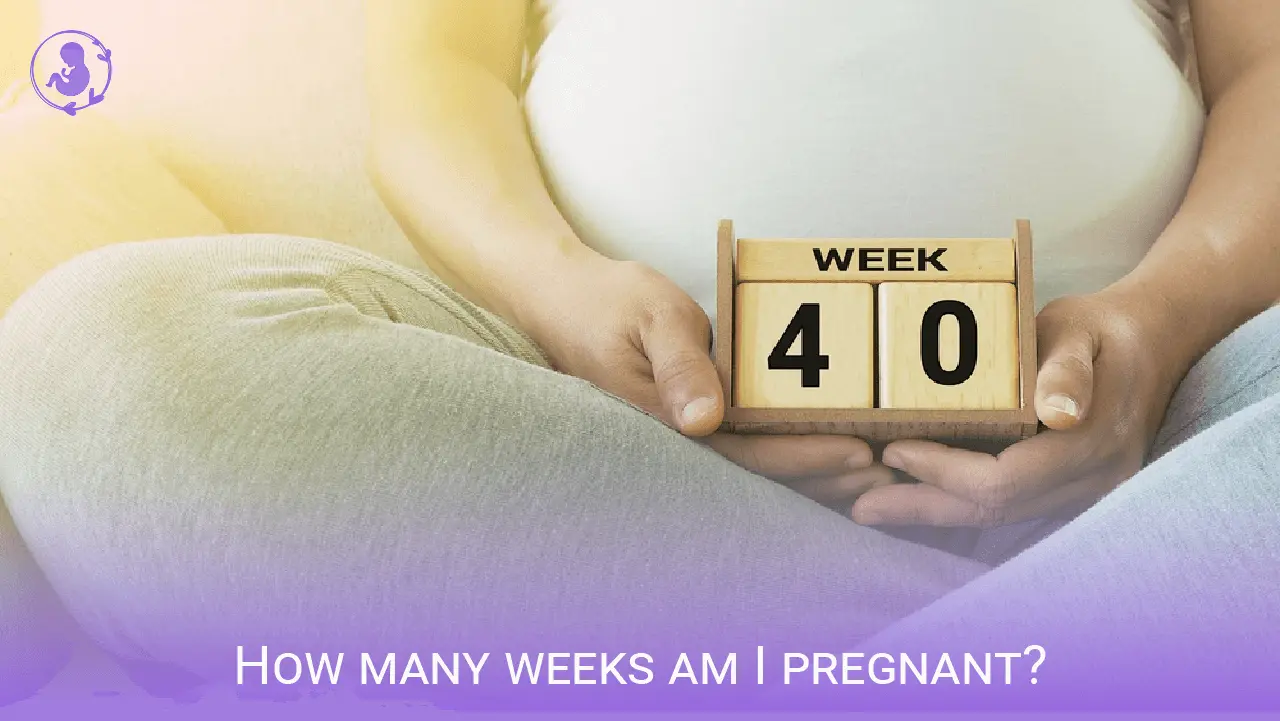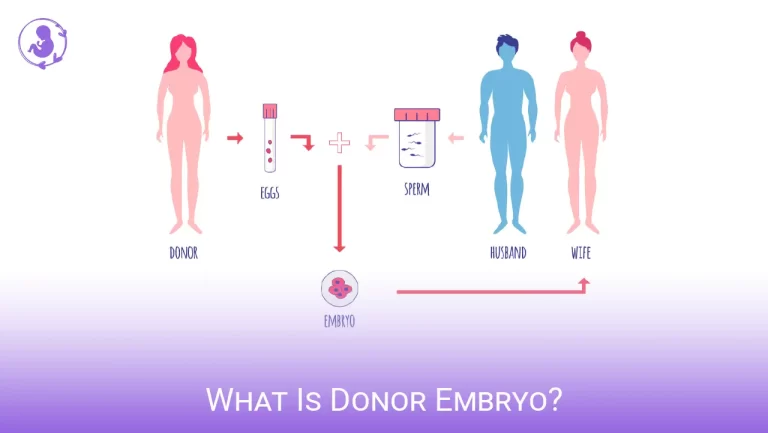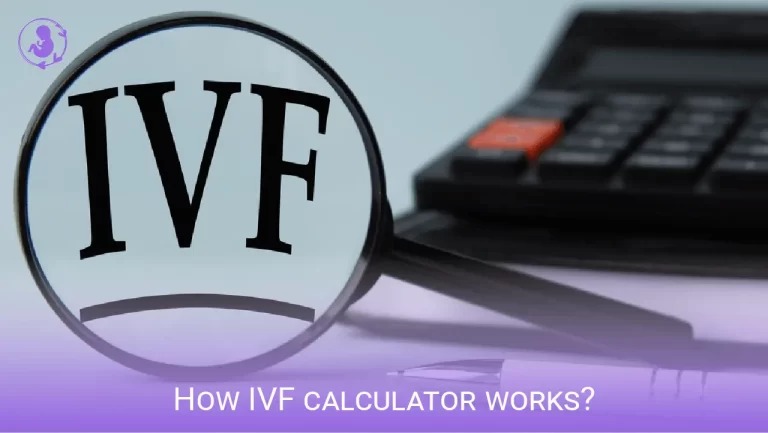How Many Weeks Am I Pregnant – Pregnancy Calculator
Are you wondering how many weeks pregnant you are? Figuring out your gestational age is important for tracking your pregnancy progress. In this article, we’ll explore the different methods to calculate your due date and determine the number of weeks you’ve been pregnant.
From using your last menstrual period to ultrasound measurements, we’ll guide you through the process. Remember, the estimated due date is just a calculation, so it’s crucial to consult with your healthcare provider for accurate information.
Let’s get started!

Understanding Pregnancy Weeks: How to Calculate Your Gestational Age
To calculate your gestational age and understand how many weeks pregnant you are, use our pregnancy calculator and enter the date of your last period or the date of conception.
The accuracy of pregnancy calculator depends on various factors, such as determining gestational age based on the date of your last period or the date of conception.
Tracking ovulation symptoms can help you pinpoint the exact date of conception if you don’t have the information about your last period.
It’s important to note that menstrual cycle variations can affect the accuracy of the calculator.
In some cases, ultrasound due date discrepancies may arise, leading to a difference in the estimated gestational age.
Consulting with your healthcare provider can provide further clarification and accuracy in determining your gestational age and due date.
The Importance of Accurate Due Date Calculation
Accurate due date calculation is crucial for making informed decisions during pregnancy. Knowing your accurate due date helps you plan and prepare for your baby’s arrival.
It allows you to track your pregnancy progress and understand how many weeks pregnant you are. Utilizing our pregnancy calculator is a helpful tool in determining your estimated due date.
By entering the date of your last period or the exact date of conception into the calculator, you can receive an estimation of when your baby is expected to be born. It is important to consider the impact of your menstrual cycle on the calculation, as ovulation may not occur exactly two weeks after your last period.
Using a Pregnancy Calculator: How to Determine Your Weeks of Pregnancy
Use our reliable pregnancy calculator, you can easily determine how far along you are in your pregnancy. Here are some key tips to help you accurately calculate your gestational age and understand your pregnancy timeline:
- Gestational age calculation: Our pregnancy calculator considers factors like the first day of your last menstrual period (LMP), ovulation, and conception date to estimate your due date.
- Pregnancy timeline: Knowing how many weeks pregnant you are is essential for tracking your baby’s development and scheduling prenatal appointments.
- Due date accuracy: Calculating your due date based on ovulation is more accurate than using the LMP. Be sure to provide your healthcare provider with accurate information for a precise due date determination.
- Impact of ovulation: Ovulation may not occur exactly two weeks after your last period, so tracking ovulation symptoms or using ovulation test strips can help determine your conception date and impact your due date.
- Pregnancy calculator tips: When using our pregnancy calculator, enter the relevant dates (LMP or conception) and select the appropriate cycle length for accurate results. Remember, the estimated due date is an estimation, not a fixed date.
Factors Affecting Pregnancy Weeks: Menstrual Cycle Length and Ovulation
Factors such as menstrual cycle length and ovulation can impact the calculation of pregnancy weeks. Menstrual irregularities and cycle variations can make it challenging to accurately determine how many weeks pregnant you are.
Fertility tracking and ovulation timing can help pinpoint the conception date, but it may not always align with the last menstrual period. Conception challenges, such as irregular ovulation or difficulty in tracking ovulation, can further complicate the calculation.
It is important to communicate any concerns or information about your menstrual cycle with your healthcare provider to ensure an accurate estimation of your pregnancy weeks. By considering these factors and seeking professional guidance, you can have a more precise understanding of your pregnancy timeline.
Tracking Your Pregnancy Progress: How to Use Pregnancy Calculator Effectively
By inputting the relevant dates and cycle length, you can easily determine your estimated due date using a pregnancy calculator. Here’s how to use it effectively:
- Pregnancy calculator accuracy: The pregnancy calculator provides an estimation of your due date based on the information you provide, but keep in mind that it’s not a guarantee. It’s always best to consult with your healthcare provider for a more accurate due date determination.
- Adjusting for longer cycles: If you have longer menstrual cycles, you may need to adjust the cycle length in the calculator to get a more accurate estimate. By accounting for longer cycles, you can ensure that your estimated due date aligns better with your pregnancy timeline.
Tracking fetal development milestones: As you progress through your pregnancy, it’s important to track the milestones of your baby’s development.
Use the estimated due date as a guide to monitor your baby’s growth and development, and discuss any concerns with your healthcare provider.
Planning for the third trimester: The estimated due date helps you plan for the third trimester, which is a crucial time for preparing for childbirth and welcoming your baby.
Use this information to create a birth plan, arrange necessary appointments, and make any necessary preparations for the arrival of your little one.
Comparing due dates based on LMP and ovulation: The pregnancy calculator allows you to compare due dates based on both the last menstrual period (LMP) and ovulation.
This can be helpful in understanding the difference between the two and considering the potential variations in estimated due dates.
Read More On IVF






